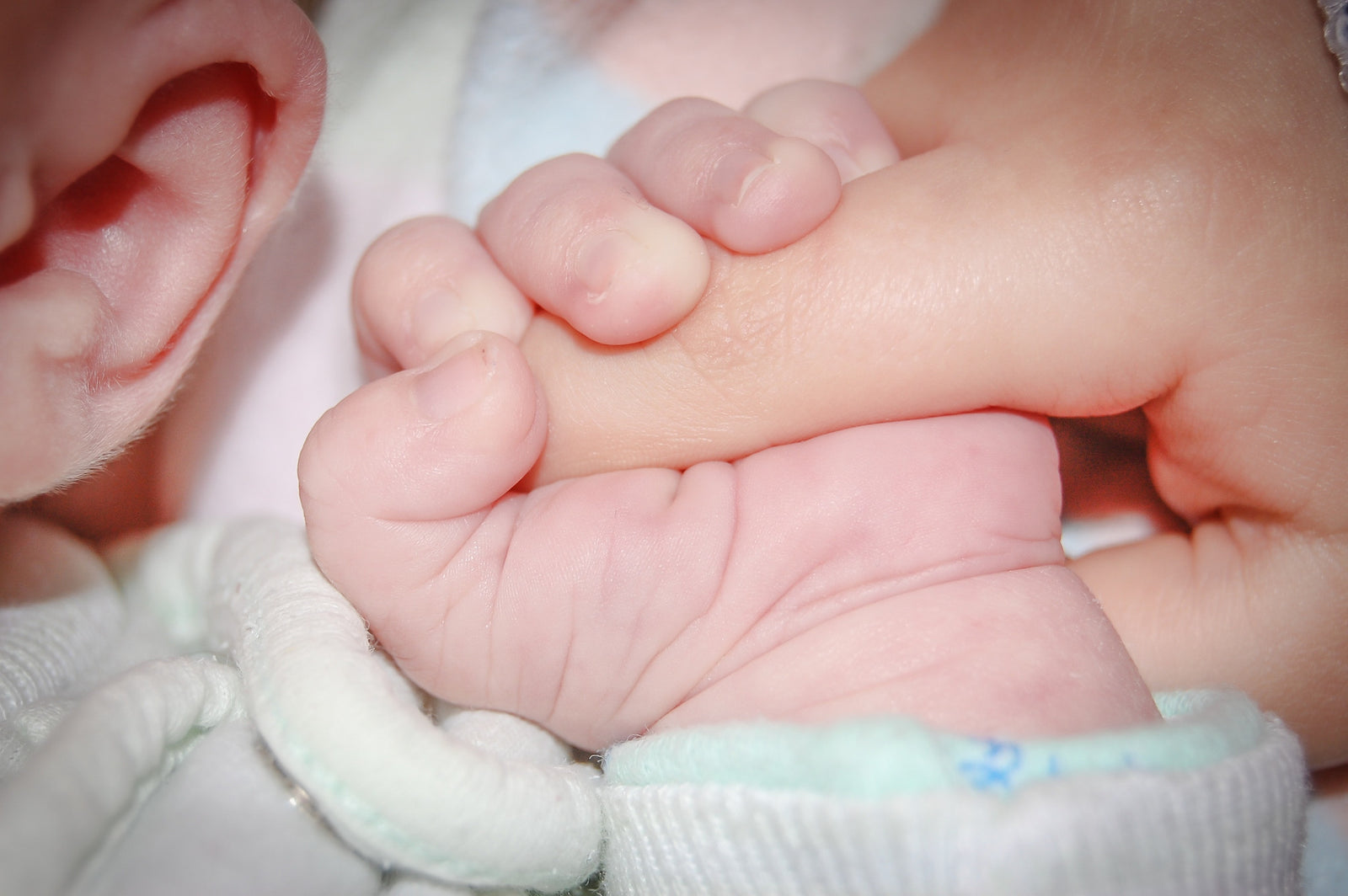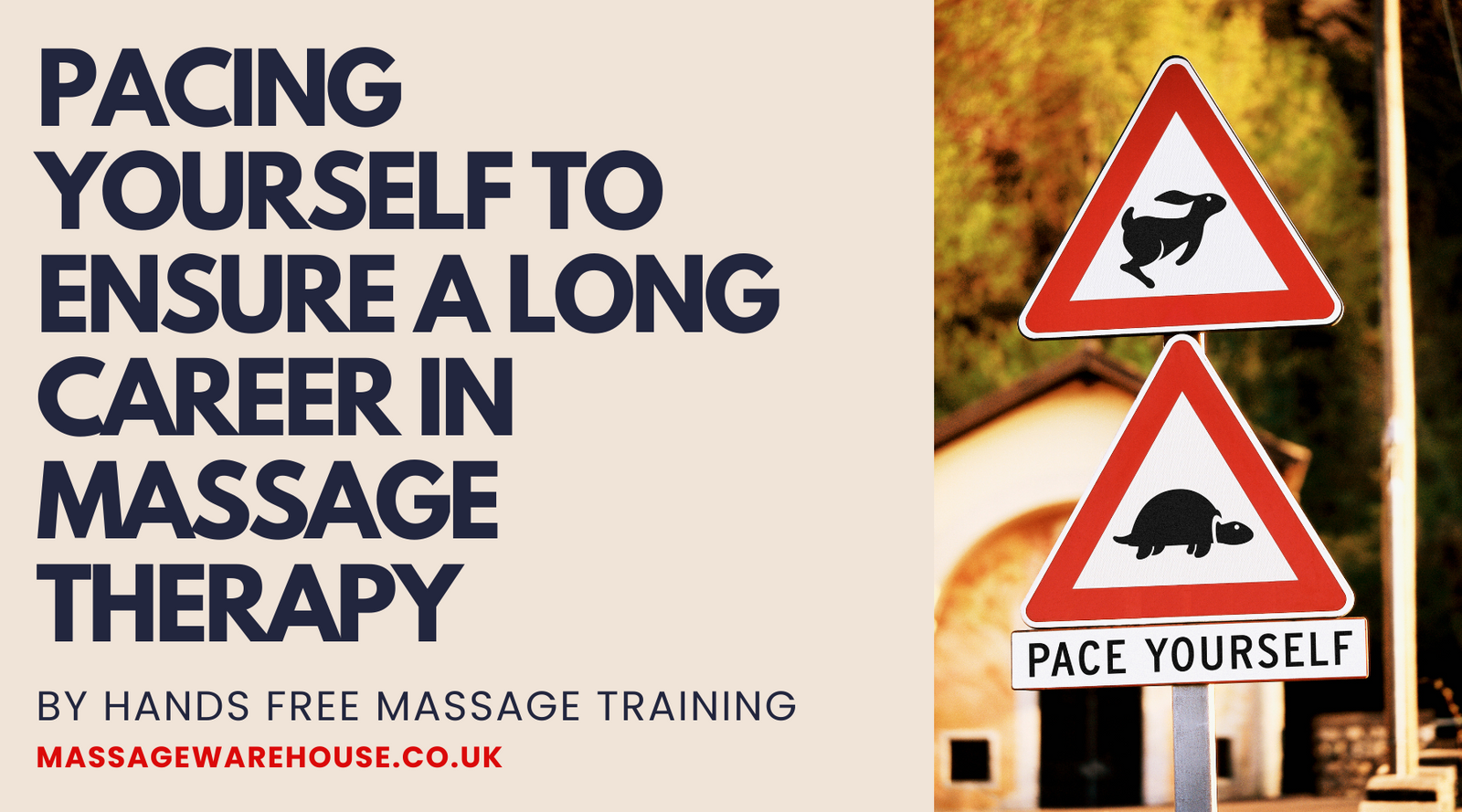Your Cart is Empty
GOOD COMFORTING CUSHIONING and Highly recommend the electric under blanket
Thanks for fulfilling my recent order. All products were dispatched carefully and swiftly.
These fit just fine and have washed well too, so I'm happy 😁.
Fast delivery. Good quality bolster suitable for putting under knees when doing massage/reflexology. Clients say it’s comfortable. Easy to wipe clean.





